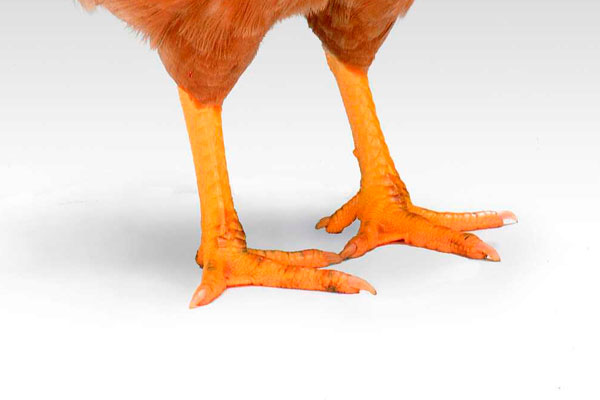Nutritional aspects related to locomotor issues in broilers

The broiler industry’s main objective is to maximise muscle mass formation in minimal time, through the appropriate combination of genetic selection, nutrition and management.
However, the incidence of locomotor problems in rapidly growing broilers has become a major concern in the poultry industry, not only due to poor performance and downgrading in the slaughterhouse, but also because of aspects of animal welfare. The latter aspects are assessed by measuring the gait score, “the ability to walk” score.
Broiler’s fast growth and great capacity for meat deposition give rise to metabolic disorders. It is estimated that mortality and downgrading may rise in the future by 2,1%. The rapid growth and heavy body weight associated with a bone structure still in development, are the main causes of the occurrence of skeletal disease in broilers, which affect the skeleton. The immature skeleton to support oversized muscular mass has resulted in the emergence of disorders of the locomotor system. In parallel, numerous nutritional factors are involved in the normal bone development, such as protein and amino acids, vitamins, minerals and the electrolyte balance. Endocrine hormones, oestrogen, vitamins, prostaglandins, cytokines and other factors co-ordinate the main activities of bone metabolism. The paper reviews the main causes of non-infectious and nutritional factors related to the onset of locomotor disorders in broilers. Leg abnormalities, predisposing factors and the major disorders of the locomotor system and the influence and effects of nutritional factors are described.
(M.A. Pompeu, V.M. Barbosa, N.R.S. Martins, N.C. Baiao, L.J.C. Lara, J.S.R. Rocha and D.J.A. Miranda, World’s Poultry Science Journal , 68, 669-678)













